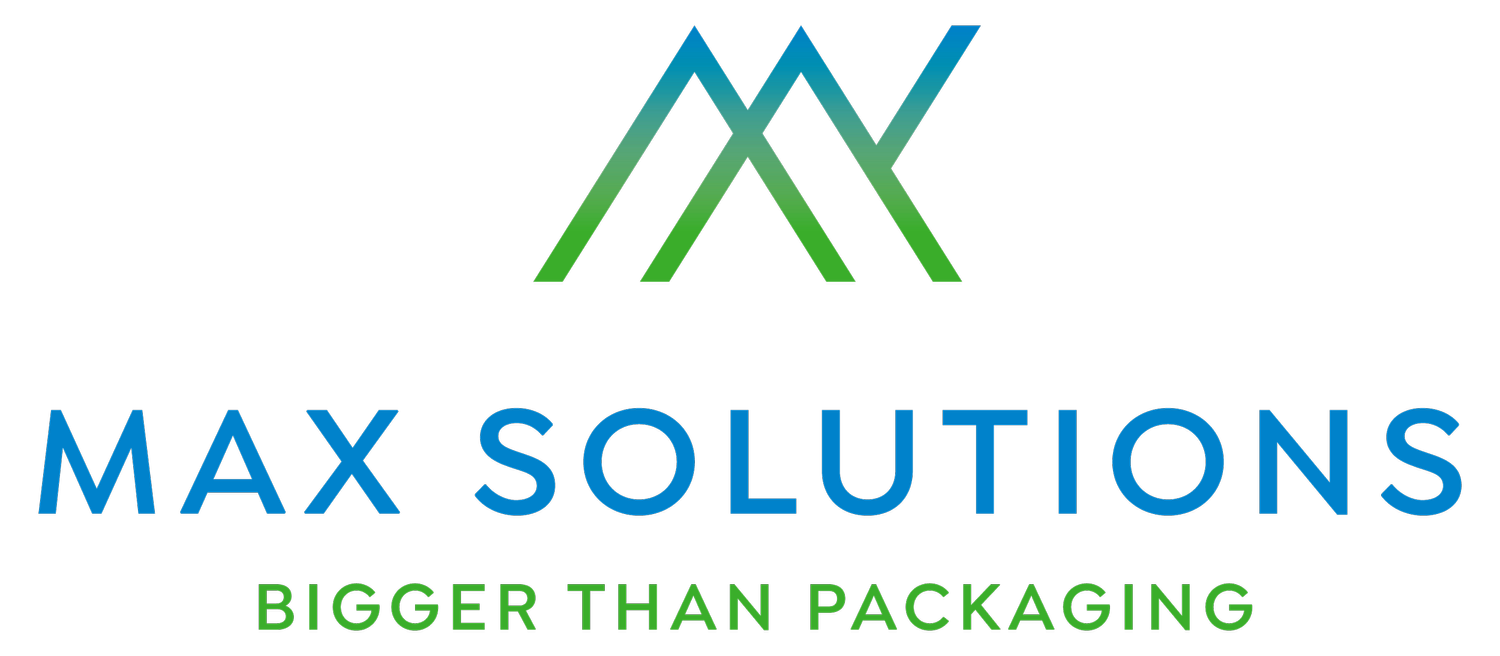MAX Solutions Announces Acquisition of Bellwyck Packaging, Inc.
Bristol, PA, January 8, 2024 - MAX Solutions Inc., a differentiated specialty packaging company founded in 2021, is pleased to announce the acquisition of Bellwyck Packaging. Bellwyck manufactures folding cartons, labels, and rigid packaging in three manufacturing sites located in Ontario and British Columbia focusing primarily on the pharma, health and beauty and horticulture end markets.
“We are thrilled to bring Bellwyck into the Max Solutions family,” said Marc Shore, CEO of MAX Solutions. “Bellwyck is not only a perfect fit for MAX Solutions’ key end markets but its commitment to quality, innovation and customer satisfaction is totally aligned with MAX Solutions’ core values. Over the past 17 years, John Vella and Jeff Sziklai, co-CEOs and owners of Bellwyck, have built a dynamic company whose greatest asset is the dedicated and talented people who helped to make it a success. We look forward to leveraging the best of both organizations which will create opportunities for our customers, employees and enhance our future growth and success.”
Jeff Sziklai and John Vella commented, “Bellwyck Packaging has always been about great people and great clients and joining the MAX Solutions Team will enhance our offerings to customers, broaden opportunities for our employees and be a strong catalyst for growth into the future. We will not only be investors in MAX Solutions but will remain trusted advisors for the business. Finally, we wish to thank our valued employees for their skill, dedication and hard work.”
January 8, 2024
